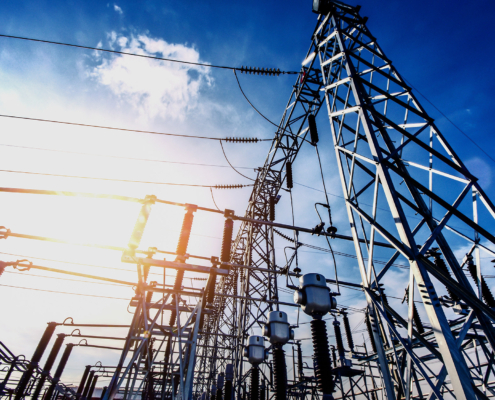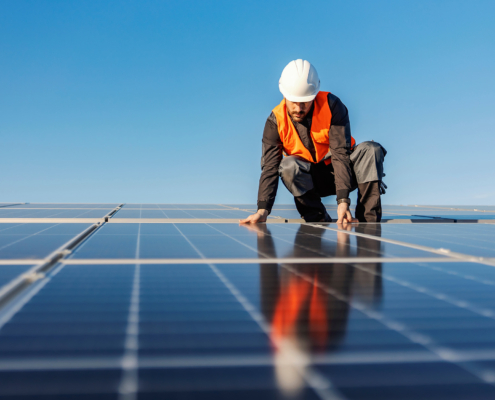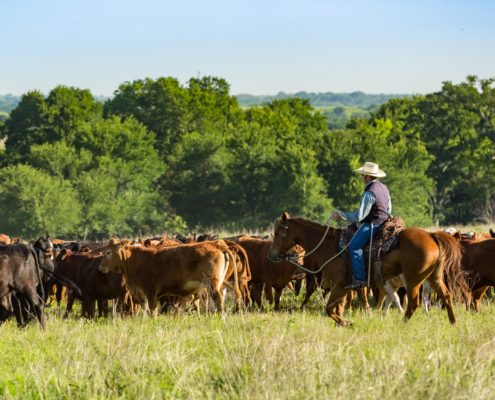 https://m1cuso.com/wp-content/uploads/2025/03/Main-Power-Plant-Energy-ideas-And-energy-saving.jpg
1250
2000
AbstraktMarketing
/wp-content/uploads/2022/09/logo-madione-1.png
AbstraktMarketing2025-03-27 11:28:322025-03-27 11:28:362025 Energy Sector Trends We’re Anticipating
https://m1cuso.com/wp-content/uploads/2025/03/Main-Power-Plant-Energy-ideas-And-energy-saving.jpg
1250
2000
AbstraktMarketing
/wp-content/uploads/2022/09/logo-madione-1.png
AbstraktMarketing2025-03-27 11:28:322025-03-27 11:28:362025 Energy Sector Trends We’re AnticipatingHow to Leverage the REAP Program for Renewable Energy Projects
Take a deep dive into the Rural Energy for America Program (REAP) and its instrumental role in bolstering the development and execution of renewable energy projects. From providing financial incentives to offering technical assistance, REAP plays a vital role in advancing the use of clean, sustainable energy sources.
What Is the Rural Energy for America Program?
REAP is an important initiative by the U.S. Department of Agriculture to assist rural small businesses and agricultural producers. It provides extra financial assistance to these entities for purchasing and installing renewable energy systems or making energy efficiency improvements.
The program mainly supports projects through grants and guaranteed loans, covering up to 25% of eligible project costs. Since its inception, this program has been shown to substantially contribute to measures like the Inflation Reduction Act while benefiting the rural economy and enhancing the overall sustainability of operations.
The Importance of Renewable Energy Incentives
Financial incentives, including those offered under the REAP program, facilitate the transition towards green energy and efficiency practices. These measures help stimulate rural development nationwide and motivate other small businesses to adopt renewable energy systems, contributing towards a sustainable and eco-friendly future.
How Does REAP Work?
REAP operates through grants and guaranteed loans. Grantees can use funds to acquire and install renewable energy systems such as biomass, wind, and solar or implement energy efficiency improvements. These funds cover up to 25% of the total project costs, making energy transitions more affordable for rural small businesses and agricultural producers.
Do You Meet REAP Grant Eligibility?
To be eligible for the REAP program, applicants should be agricultural producers or rural small businesses. Additionally, their renewable energy systems or enhancements must be located in rural or non-urbanized areas. Other terms and conditions may be outlined in the application process.
How the Application Process Works
Applicants must submit their applications through the local office. The application must detail the proposed changes, associated costs, and projected savings. Documentation such as energy audits, feasibility studies, and technical reports may be required.
Curious about your chances of securing a USDA REAP loan for your business? Find out your eligibility below.
Identifying Renewable Energy Opportunities
Rural businesses have ample opportunity to harness renewable energy through the REAP program. Solar energy, with its abundant potential in rural areas, is an excellent choice for small-scale businesses, farms, and community projects. Installing panels can offset electricity costs significantly and reduce reliance on traditional power grids. Wind energy, especially in regions with favorable conditions, can also be a viable option for rural businesses seeking to tap into a clean and abundant energy source. Other opportunities include the following:
Accessing Financial Assistance
One of the REAP program’s primary advantages is its financial assistance to rural businesses. To begin the journey, companies can apply for grants and loan guarantees supporting renewable energy development. The application process typically involves demonstrating the viability and economic benefits of the proposed project, showcasing its potential to enhance energy efficiency, reduce carbon emissions, and contribute to the growth of the local economy.
Partnering with Renewable Energy Experts
Navigating the intricacies of renewable energy projects can be daunting, especially for rural businesses new to the field. Fortunately, the REAP program offers technical assistance through the USDA and other partnering organizations. These experts can guide businesses through the planning, design, and implementation phases, ensuring that projects are tailored to meet specific needs and regulatory requirements.
Embracing Energy Efficiency Measures
Before embarking on large-scale renewable energy projects, rural businesses can leverage the REAP program to invest in energy efficiency measures. Conducting energy audits and implementing energy-saving technologies can substantially lower overall energy consumption, thus reducing the size and cost of renewable energy systems required. These efficiency improvements make renewable energy projects more economically feasible and contribute to a more sustainable operation overall.
Nurturing Community Partnerships
Community engagement is essential to successful renewable energy projects in rural areas. The REAP program encourages businesses to collaborate with local stakeholders, including residents, farmers, and other companies. Such partnerships can result in shared resources, collective funding, and a more substantial commitment to sustainable practices that benefit the entire community.
Showcasing Success Stories
As rural businesses embrace renewable energy projects with the support of the REAP program, sharing success stories becomes crucial. Highlighting the positive impact of these projects not only inspires other businesses to follow suit—it also demonstrates the tangible benefits of renewable energy adoption for rural economies and the environment.
Key Takeaways
- The Rural Energy for America Program (REAP) is a measure by the U.S. Department of Agriculture to assist rural small businesses and agricultural producers in adopting energy-efficient improvements and renewable energy systems.
- REAP provides financial incentives through grants and guaranteed loans, covering up to 25% of the total eligible project costs, thus making renewable energy projects more accessible and affordable for rural businesses.
- Renewable energy incentives, including those offered by REAP, are crucial in driving the transition towards green energy practices, stimulating rural development, and contributing to a sustainable future.
- To be eligible for REAP, applicants must be agricultural producers or rural small businesses with their projects located in rural or non-urbanized areas. The application process requires detailing the proposed improvements, associated costs, and projected savings. Technical documentation may also be necessary.
Madison One: Your Credit Union-Owned Commercial Loan Specialists
Madison One is a credit union-owned company specializing in USDA and SBA commercial loans for small businesses. We understand that securing funding for your business is vital for growth and success. That’s why we are committed to providing flexible and affordable loan solutions that meet your specific needs.
With our expertise in USDA and SBA loan programs, we can help you access the capital you need to start a new business, expand your existing operations, or refinance your existing debt. Our team of experienced loan specialists will guide you through the application process and work closely with you to develop a customized loan solution that matches your financial goals and objectives.
If you are looking for a trusted partner to support your commercial loan needs, look no further than Madison One. Contact us today to learn more about our USDA and SBA loan programs and discover how we can help you achieve your business goals.





